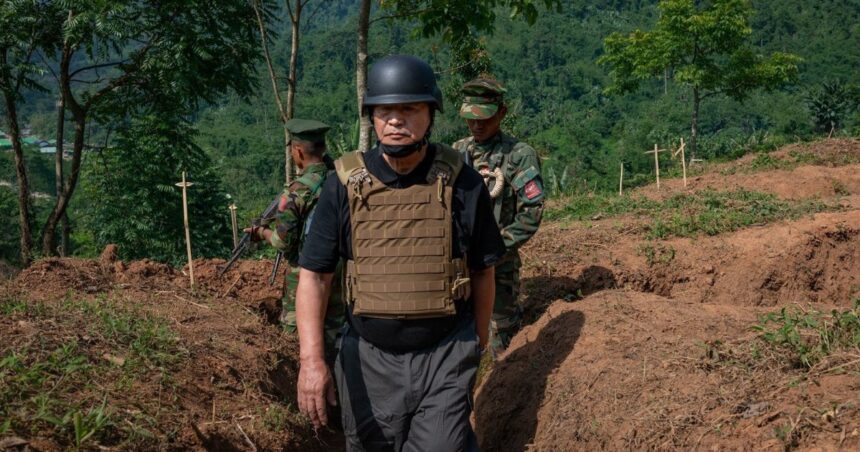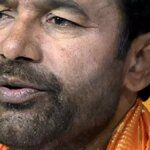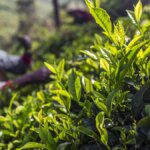This year marks a crucial turning point in Myanmar’s recent history, with the country engulfed in a civil war sparked by the military’s coup against the elected government in 2021.
The conflict has intensified, leading to mounting defeats for the military regime, known as the State Administration Council (SAC). In response to losing control over border areas, the SAC has resorted to indiscriminate air attacks and atrocities against civilians.
The primary opposition to the military is a coalition of ethnic armed groups, which now control significant portions of Rakhine state and territories stretching from the Chinese border to Mandalay. Another key opposition force is the National Unity Government (NUG), a shadow government in exile overseeing the People’s Defence Force (PDF).
In a recent interview, NUG Acting President Duwa Lashi La outlined the movement’s strategy for 2025. He emphasized the need to accelerate the revolution, aiming for the removal of regime leader Min Aung Hlaing from power. The NUG is focused on enhancing its armed forces, securing diplomatic support, improving governance in controlled areas, and fostering public engagement.
Looking ahead to 2025, Duwa Lashi La expressed hopes for a tipping point similar to events in Syria that led to a regime change. He stressed the importance of international intervention in cutting off financial support to the military and urged countries to stop trading with key military entities.
The NUG sees itself as the leader of the nationwide revolution, elected by the people of Myanmar to guide the struggle against the military regime. Despite some reluctance from certain ethnic resistance organizations, efforts are ongoing to unify disparate groups under a joint command structure.
Regarding peace talks with the military, the NUG remains open to dialogue but sets clear conditions, including a commitment to civilian rule and non-interference in politics. The involvement of international stakeholders is deemed crucial in ensuring a successful transition away from military rule.
In addressing Chinese support for the military regime, Duwa Lashi La emphasized the importance of conveying the will of the Myanmar people to neighboring countries. He underscored the desire for a democratic government that aligns with the aspirations of the populace, as reflected in UN Security Council Resolution 2669.
Despite facing challenges such as indiscriminate air strikes by the military, the NUG continues to appeal for antiaircraft weapons to counter such attacks. The international community’s support in providing necessary military equipment could significantly impact the conflict’s outcome and bring an end to the suffering of innocent civilians.
Overall, the NUG remains steadfast in its commitment to advancing the revolution, seeking to secure a democratic future for Myanmar through strategic military, political, and diplomatic efforts.










